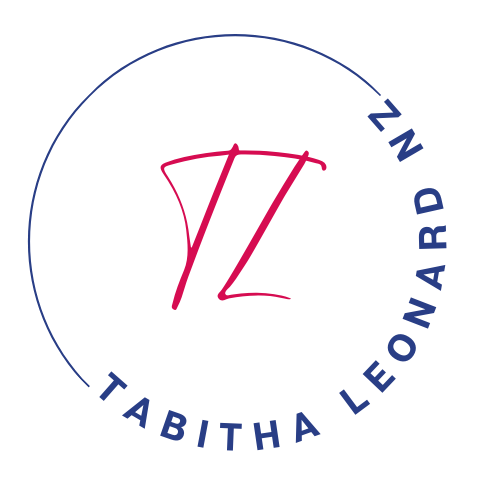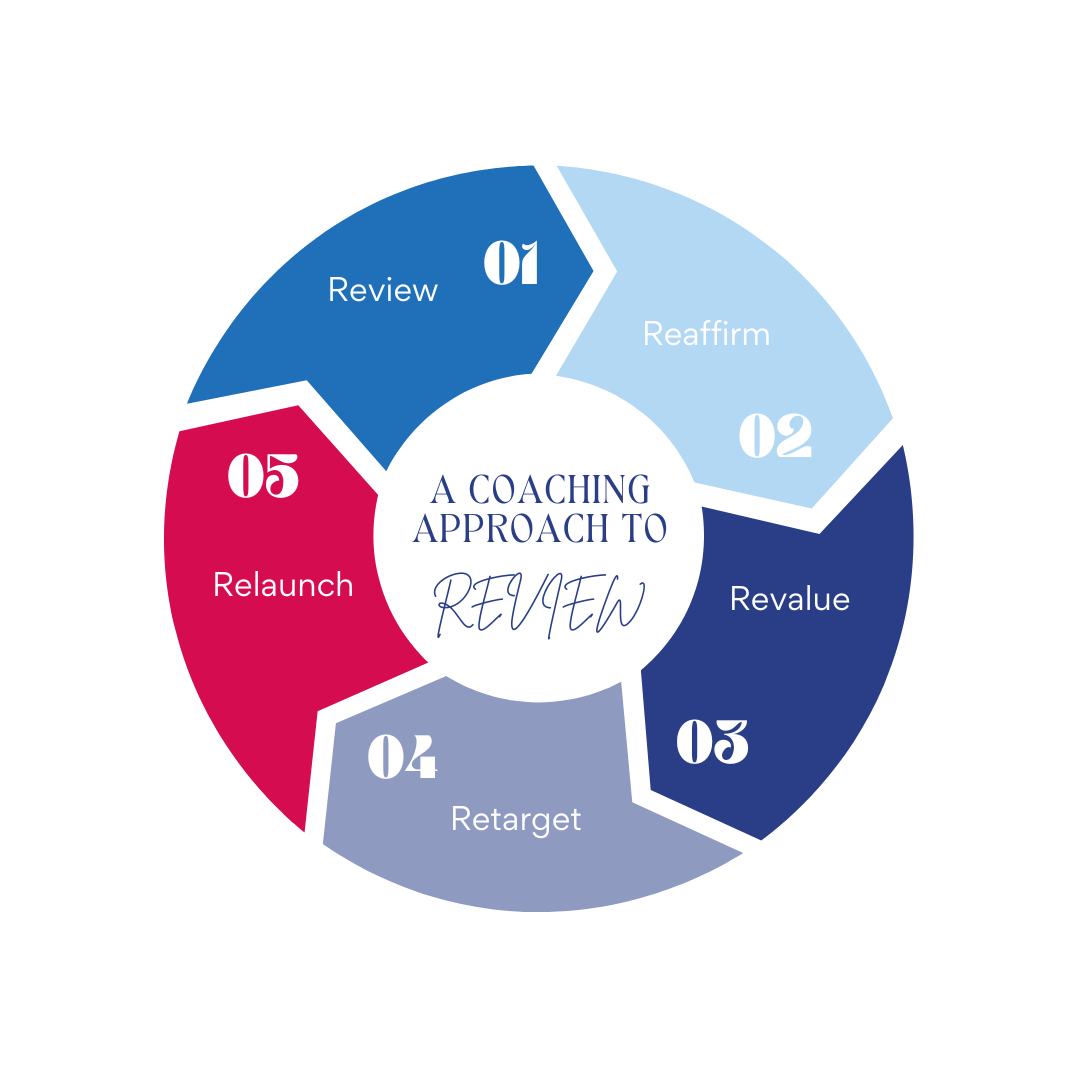Neurobites
Your ultimate monthly guide to creating a culture of communication that catalyses success.
Every month, I will share what is happening with the Coaching Intelligence™ Movement across schools in Aotearoa.
This month in “An Idea Unpacked”, I focus on Six Steps To Maintain Momentum. A continuation of focus on Goals and Action Plans for last Month.
In Your August Issue:
Powerful Coaching Questions - Getting unstuck - Use Questions to get Above The Line
This Months Coaching Resource - Maintaining Momentum
A Piece of Content To Inspire - Marcia Reynolds - Coach The Person Not The Problem
An Idea Unpacked - Six Steps To Maintain Momentum
Coaching Intelligence™ News
These schools are committed to having a greater reach for coaching by bringing the Coaching Intelligence™ Methodology into their schools rather than the well-known one-off two-day training. Instead, we look to create sustainability in the coaching model to see the transformation of coaching cultures.









-

Leadership Conversations at Saint Kentigern
I love it when we get to the pointy end of the Coaching Intelligence Program.
I watch the application of skills and the comfort of being in a coaching conversation begin to take hold for my participants.
We are up to the pointy end with the Saint Kentigern team, taking all the theory we have learnt and put it into action.
-

Coaching Intelligence Training at Saint Peter's Cambridge
Listening is the number one skill in coaching and takes presence, partnership and participation.
It is more important than having the right questions.
In my Coaching Intelligence Training, I work with the wonderful Thought Leadership work of Oscar Trimboli on Deep Listening.
We are up to the Deep Listening Module in our training, and as part of the workshops, we spend time coaching in pairs to practice the skills we have just learned.
As part of the practice around Deep Listening, we look for the five listening levels and how they show up in coaching conversations. It is always incredibly enlightening for all participants.
Powerful Coaching Questions
Getting unstuck - Use Questions to get Above The Line
Often coaching conversations begin with a focus on the problem. Stuck on what's not working or who's at fault. In the blame frame.
Coaching conversations, by nature, are action-orientated, future-focused and solution centred. Aspirational. As the coach, we must mindfully shift space above the line.
Here are some questions to get people unstuck.
If you had a choice, what could you do?
Let's imagine it's a year from now and you've accomplished your goal. What steps have you taken to achieve it?
Suppose, just for a moment, you live in a world where fear does not exist. What could you do now?
Suppose you had all the information you needed, what would be the next step/s?
Let's imagine you're really excited about this. What would you do?
If you were at your best, what would you do right now?
What could you do if you knew you couldn't fail?
What could you do if you didn't care what other people thought?
Imagine you had all the time you needed what would you do?
Suppose you could look through the eyes of someone you admire. What options do you have?
This Months Coaching Resource
MAINTAINING MOMENTUM
A Coaching Approach to Review
For the same reason, you can’t tickle yourself, your brain resists self-imposed testing of thoughts and reactions
An ongoing conversation is needed to energise action and create sustainable change. While your coaching conversations will create amazing action plans, we are still working on one step of many when working towards a goal. To maintain momentum, we need to have regular conversations to keep the action plan moving towards the goal.
Step one - Review
Review what has worked so far and the successes and challenges. We are wired to focus on what's not working. People can be overwhelmed when things go wrong. Without naming and speaking to the successes and challenges is how we gain clarity. We often need support to locate what has been successful.
Step Two - Reaffirm
Reaffirm that the original goal is still relevant. As we take action on our action plan, we notice some things change. Often our perceptions and beliefs about things experience a recalibration that means that what we initially thought was important is not so anymore. Therefore, it is important to take a moment to explore if the original goal is still relevant.
Step Three - Revalue
When an action plan and goal are linked to what we believe and value, we are connected to our purpose. For example, in his book Drive, Daniel Pink defines intrinsic motivation as when there is purpose, autonomy and a desire to grow. Therefore, Revalue is connecting the goal to your purpose.
Step Four - Retarget
Using a coaching approach to locate and design the next step in the action plan keeps up the momentum. It is in supporting the identification of the next action step that we keep levels of enthusiasm and energy up.
Step Five - Relaunch
Get back on the road with renewed enthusiasm and energy
Take action.
In this conversation with executive coach Marcia Reynolds we explore the foundations of reflective inquiry, extracting meaning from story, helping our clients release identity restrictions and disrupt patterns and the critical difference between paying attention and presence.
Coach the Person, Not the Problem
One Piece of Content To Inspire
Something I have been pondering
On goals, plans and systems
One’s destination is never a place but rather a new way of looking at things. —HENRY MILLER
Henry Miller
"A goal without a plan is just a dream"
Brian Tracy
An Idea Unpacked
Six Steps To Maintain Momentum
A system for change that works is an ongoing conversation, not a one-off conversation.
What I love about a coaching approach to conversations is that they are centred on the other person and inspire the expansion of thoughts, perceptions and ideas.
Coaching catalyses commitment because the coachee creates the change….. For the same reason you can't tickle yourself, your brain resists self-imposed testing of thoughts and reactions.
An ongoing conversation is needed to energise action and create sustainable change. While your coaching conversations will create amazing action plans, we are still working on one step of many when working towards a goal.
From The Archive
-

Goals Don’t Generate Growth
Redefine Goals. Create Targets and Build Action Plans
I have always struggled with goals. Maybe it’s just me (probably not), or that I have an important memo about goals, but they have always felt lofty and untethered. So, I got curious. The definition of Goal - according to Dictionary.com is “A goal is an objective or target that someone is trying to reach or achieve.” - Yip, that’s my experience of a goal, and while useful, it fell apart at the action stage.
However, there is still something missing for me. […]
-

The use of the skills of Coaching is the fastest way to help another person get out of the weeds and into clear air.
Our recent research found that more than 80% of people report the need to have someone to talk to who will listen, not advise, or solve their problems. Just listen and ask powerful questions.
The use of the skills of Coaching is the fastest way to help another person get out of the weeds and into clear air. To gain clarity to carve a path forward, thus having positive impacts on mental health, wellbeing and overall performance.
The ability to bring coaching skills and strategies to leadership is the number one way to build relationship and create growth in the people around you who do the Mahi.
So, how do we serve the strategy while leaning into the relational?
-

The Neurochemistry Of Listening
Leadership is listening.
It’s said that, on a typical business day, we spend 45% of our time listening, 30% talking, 16% reading and 9% writing. Amongst all these, the action that has the most impact on others is listening.
Imagine if you could amplify the impact you have in that fraction of time. Concerning strengthening the impact of leaders, imagine if we could also get the 30% - the talking fraction - right. That's an increased impact on a day's actions that make up 75% of your efforts as a leader.
Speaking + listening = 75%
Upcoming Events
-

COACHING INTELLIGENCE TASTER SESSION
Activate The Art of Coaching
With a unique approach that delivers results, I bring the science of learning, neuroscience and leadership together in a reaction mixture that catalyses impact.
Join Tabitha for breakfast and explore the opportunity for The Fusion Lab and Coaching Intelligence - the next generation of coaching in schools to propel you forward and create the conditions for your team or community to thrive!
I will show you how the Coaching Intelligence™ methodology will transform how you approach and think about the coaching conversation.
DELIVERY
Via Zoom
Hosted by Tabitha Leonard
Limited to 10 guests - please register to attend
DATES: The first Monday of every month.
Previous Newsletter Links
-
April Neurobites
-
May Neurobites
-
June Neurobites
-
July Neurobites










